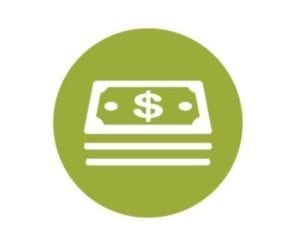
Pakistan Prime Minster, Imran Khan, announced the latest addition to his national anti-poverty program — known as Ehsaas Kafaalat — which will see seven million women suffering from poverty receive a biometric money transfer of 2000 Pakistani rupees (approximately $13) each.
As a part of this latest initiative, each woman would also receive a bank account and a smartphone, in order to facilitate the money transfer and to formally introduce a massive segment of Pakistan’s population to the economy.
“The smartphones would help educate the children of the poor women from their childhood. This will bring about a new revolution,” said Khan at a ceremony to launch the program.
Khan said that the seven million women who will benefit from the program are in addition to the six million families that have already received a health insurance card, also as a part of the ambitious Ehsaas Kafaalat program aimed at eliminating poverty through the creation of a ‘welfare state’.
The Kafaalat program will provide a monthly cash transfer to the participants via a biometric system through designated ATMs and bank branches. The beneficiaries for the program had been identified through a door-to-door digital survey conducted in addition to an online survey that was also available.
Special Assistant to Prime Minister (SAPM) on Social Protection and Poverty Alleviation Dr. Sania Nishtar said that under the Ehsaas Governance and Integrity Policy measures were being undertaken in order to ensure that the program was transparent with regards to the data collected, its storage and its use.
She also highlighted the differences between the Kafaalat program and the country’s Benazir Income Support Programme (BISP), saying that BISP — though it has recently added biometric-enabled payments — is defined by a 10-year old database, quarterly payments and paper-based surveys.
Source: Associated Press of Pakistan
–
February 3, 2020 – by Tony Bitzionis








Follow Us